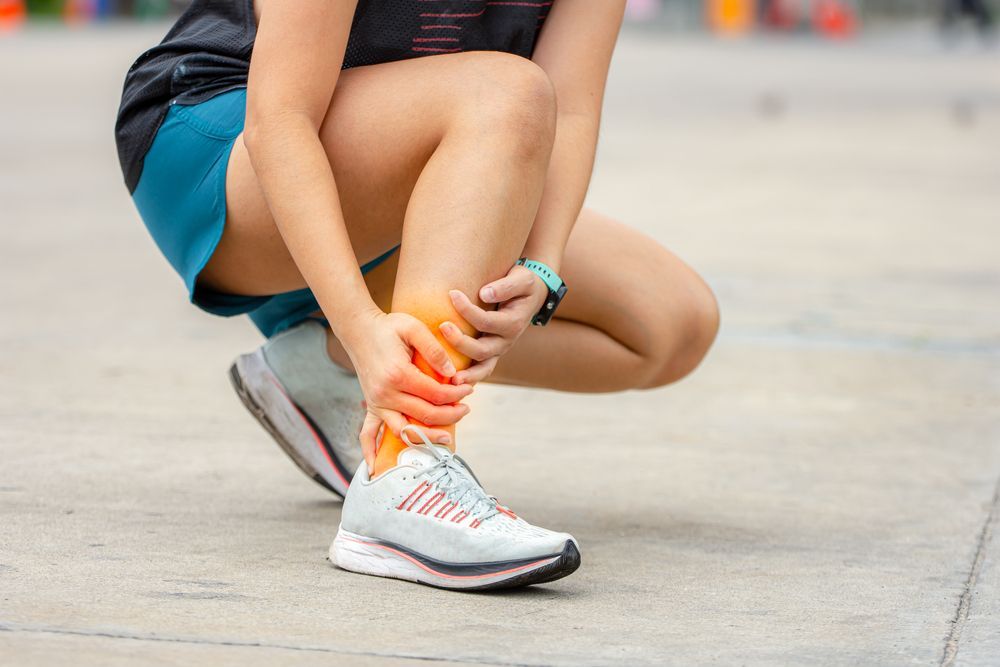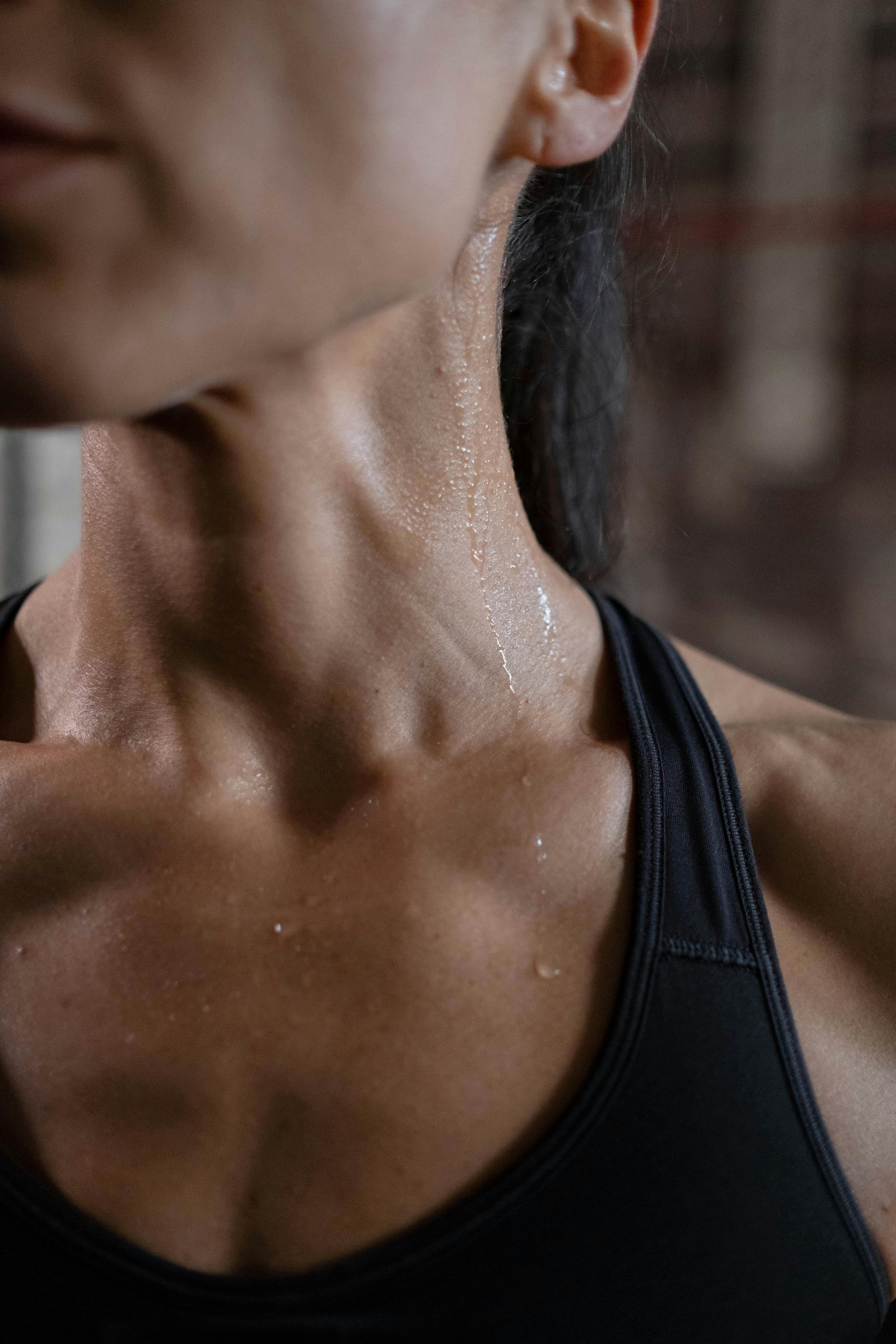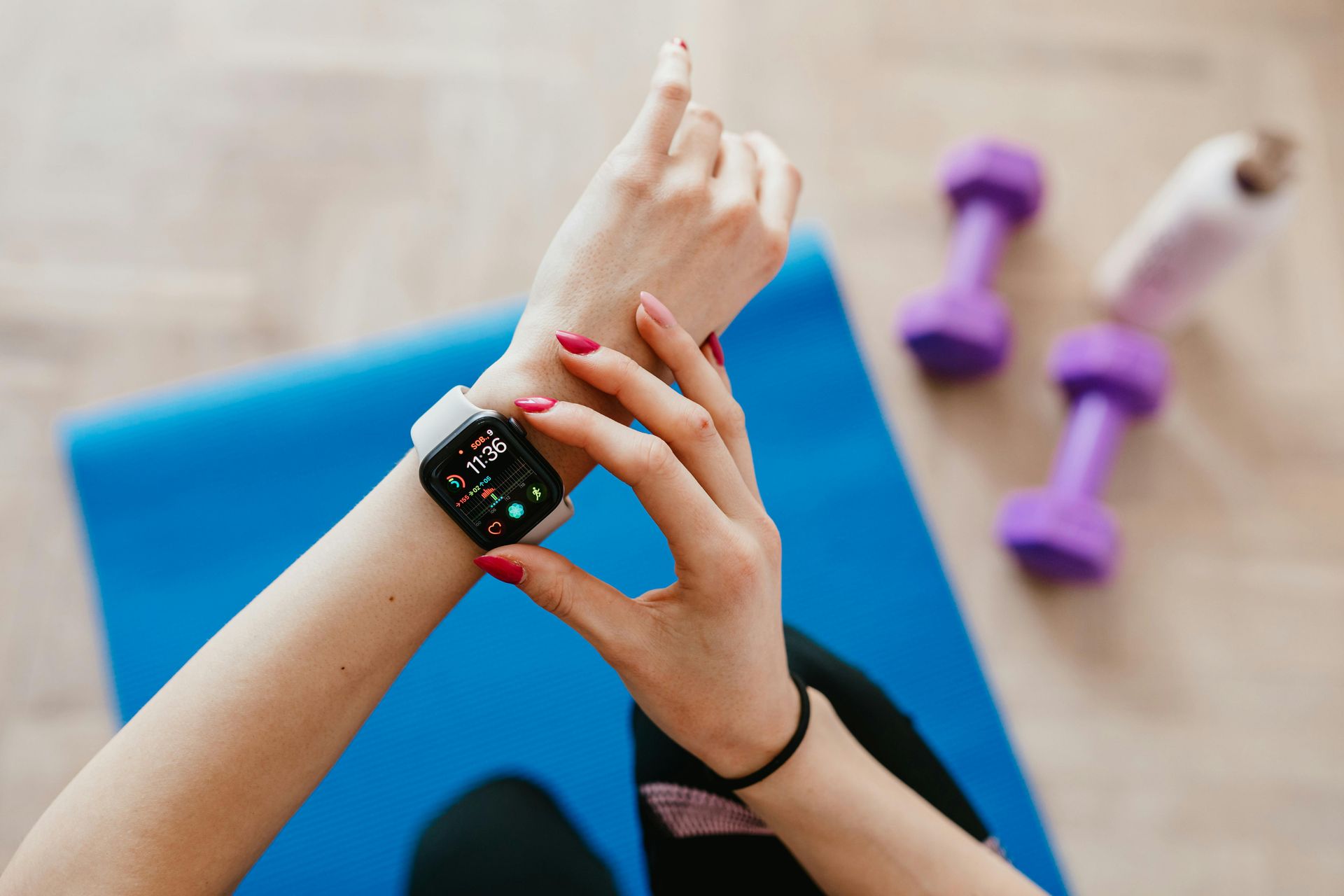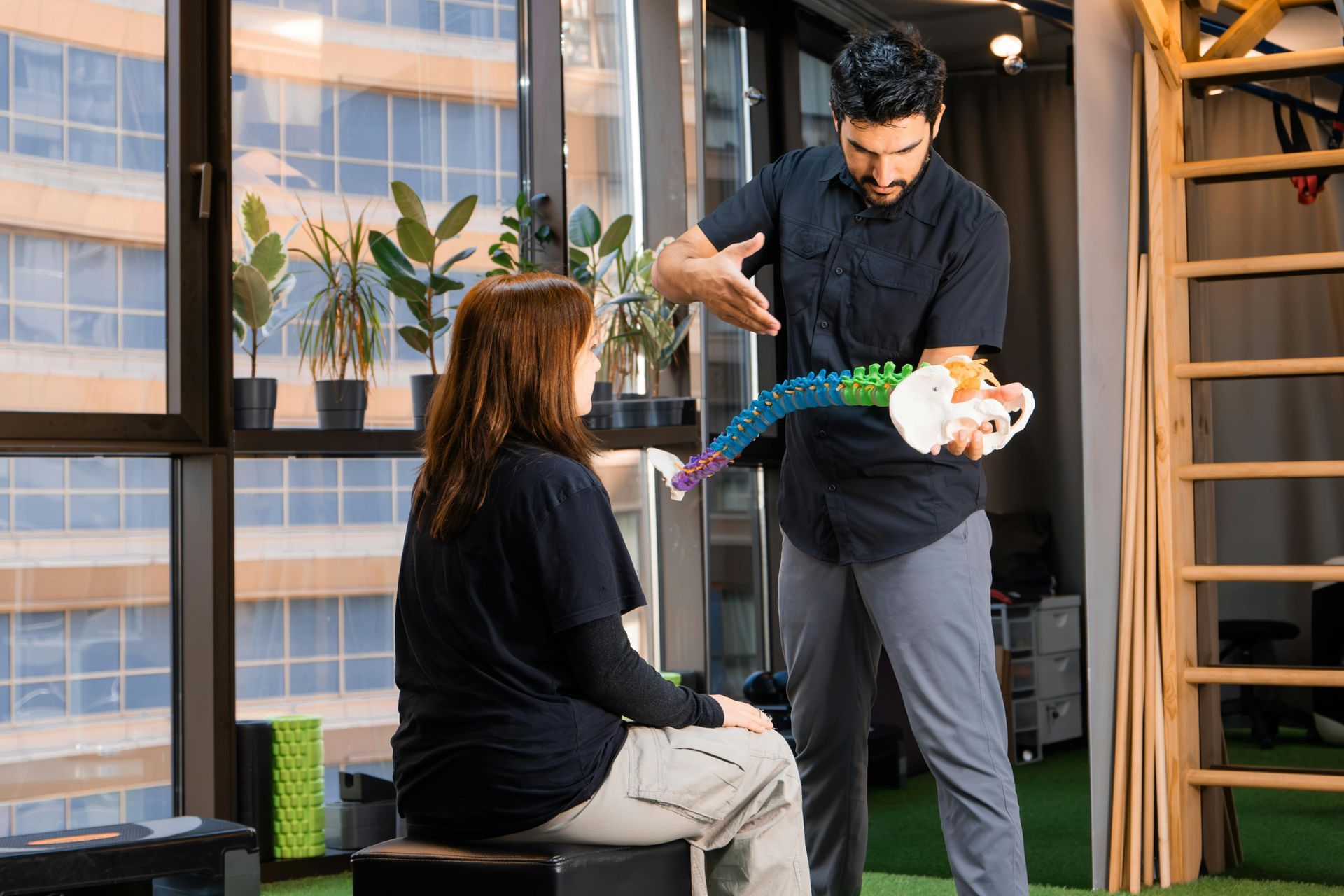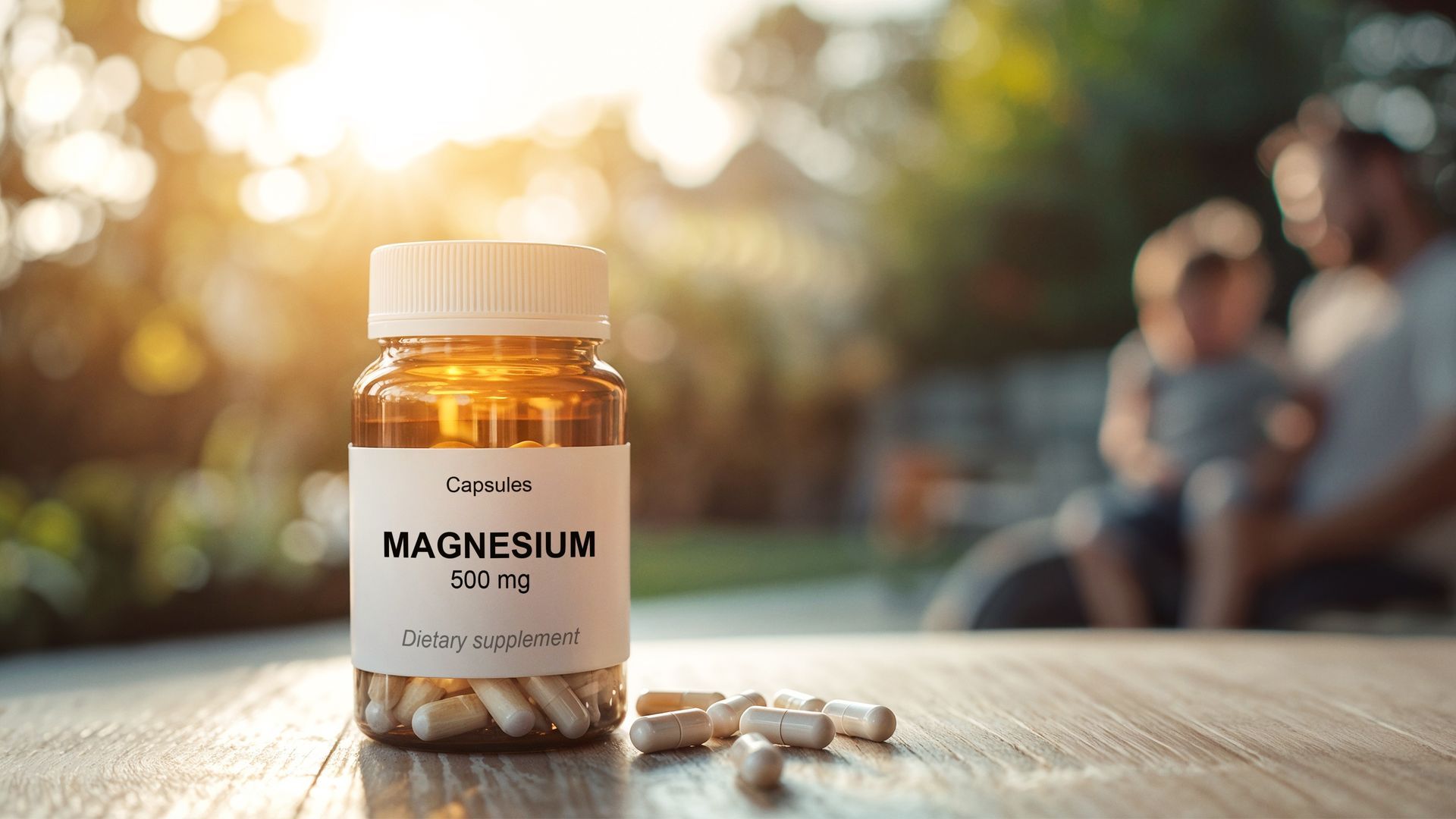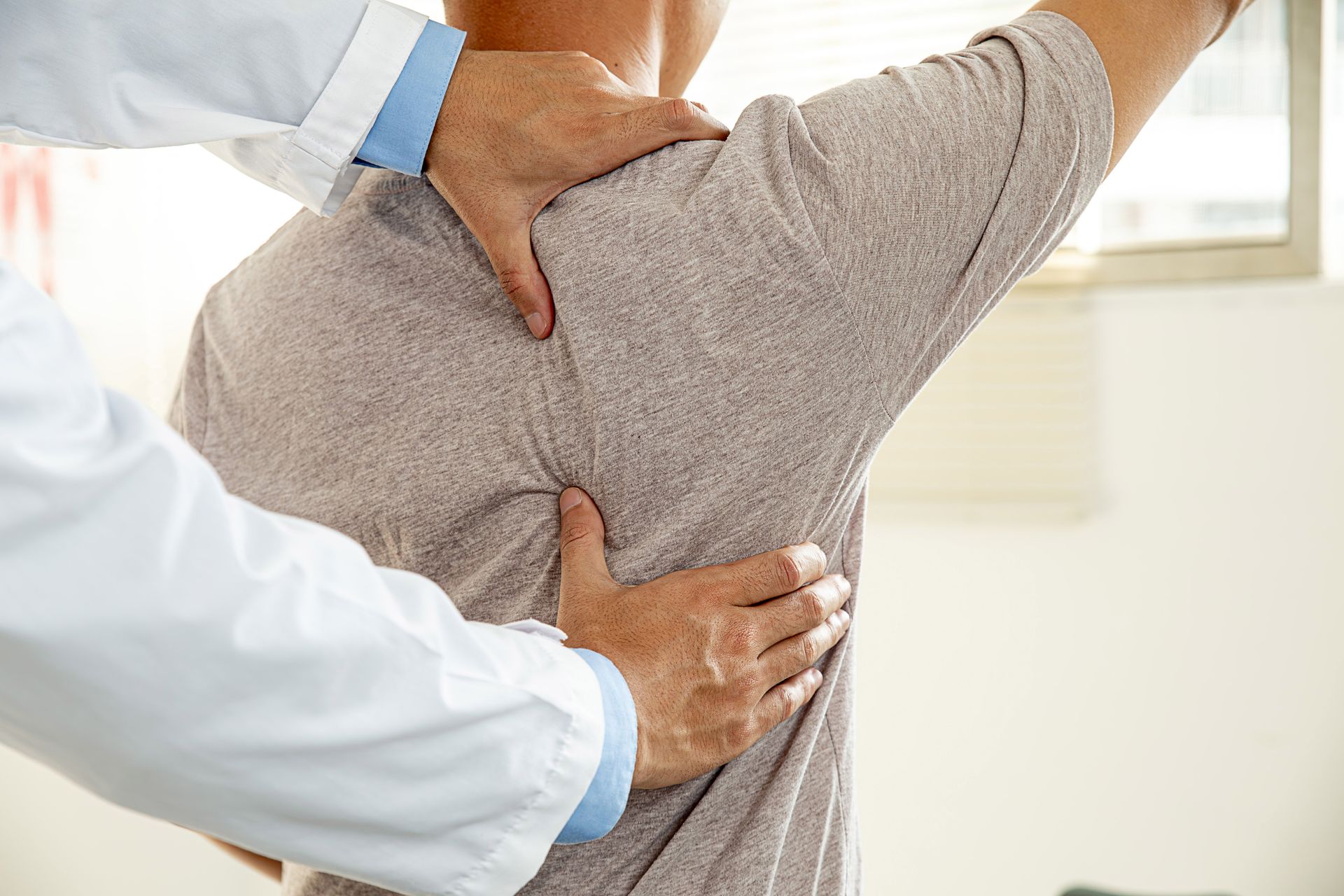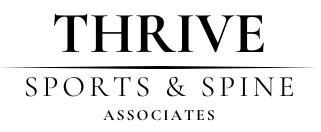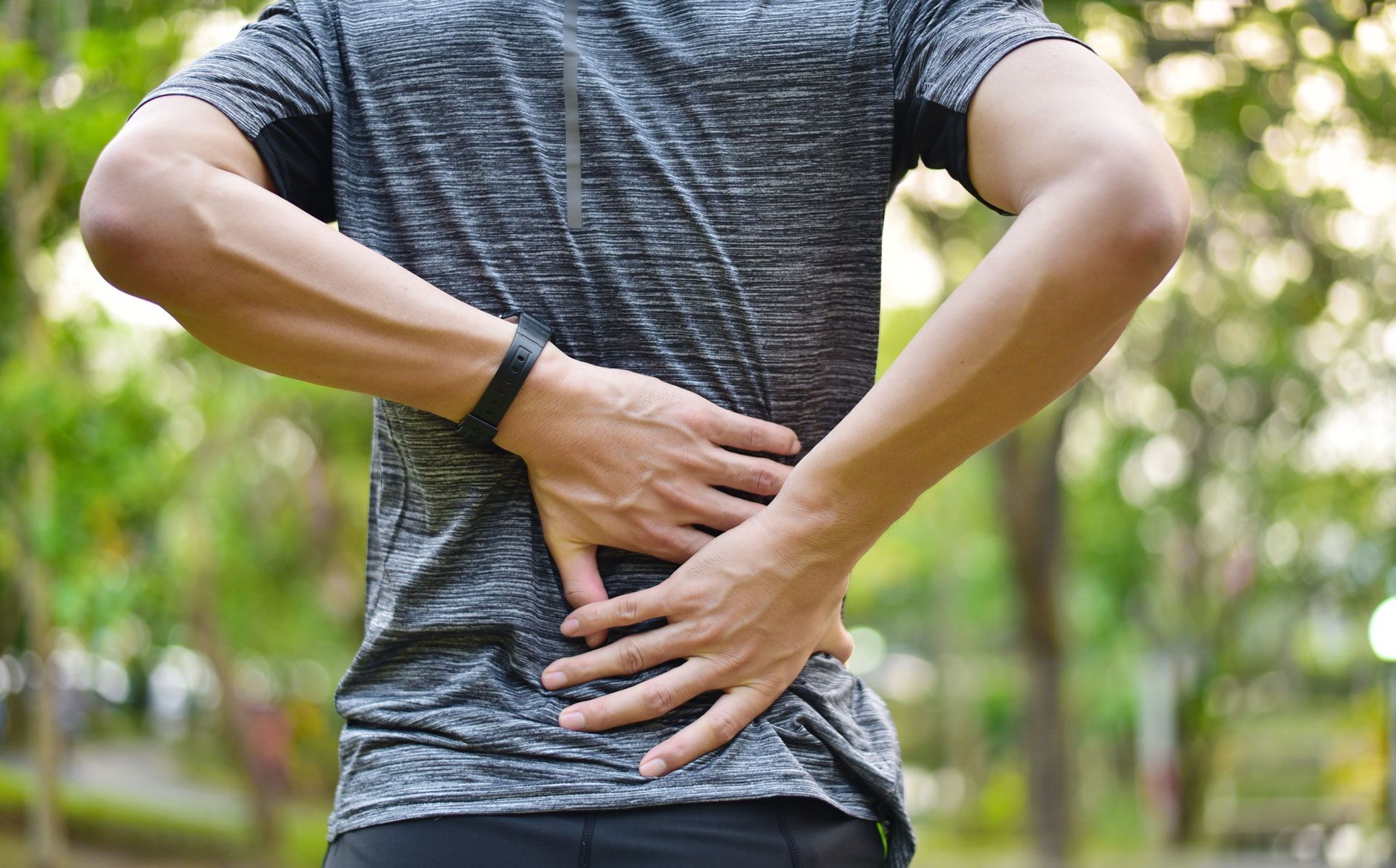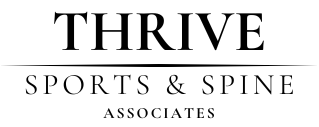What Is Gluteus Minimus Tendinosis? | Hip Pain Help at Thrive Sports & Spine
Are you feeling pain on the side of your hip? It could be something called “gluteus minimus tendinosis.” At Thrive Sports & Spine, we want to help you understand what this means and how we can treat it together.
What is Gluteus Minimus Tendinosis?
Your gluteus minimus is a small muscle on the side of your hip. It helps you move your leg to the side and keeps your hip steady when you walk or run. Tendinosis means the tendon (the part that connects your muscle to your bone) has become hurt from being used too much or from getting older.
When people have gluteus minimus tendinosis, the tendon is worn down or inflamed. This often causes pain on the outside of the hip, especially when standing, walking, or lying on that side.
What Are the Symptoms?
- Aching or sharp pain on the side of your hip
- Pain that gets worse when you walk, stand, or sleep on that side
- Trouble moving your hip or leg
What Causes It?
- Doing the same motions over and over, like running or climbing stairs
- Getting older (our tendons get weaker as we age)
- Weak hip or core muscles
How Do We Treat It?
At Thrive Sports & Spine, we use gentle, effective treatments for gluteus minimus tendinosis:
1. Rest and Ice: Take a break from activities that hurt. Put ice on your hip to help with swelling and pain.
2. Chiropractic and Physical Therapy: Our team teaches you exercises to make your hip muscles stronger and stretch safely. Strong muscles help your hip heal and prevent the pain from coming back.
3. Pain Relief: We may suggest medicine that helps with pain and swelling (like ibuprofen), but always talk to your doctor first.
4. Special Treatments: Sometimes, doctors suggest shots to calm the pain for a short time or other advanced therapies: Shockwave Therapy, Active Release Technique, etc.
5. Surgery: This is very rare and only for very serious cases. Almost everyone feels better without surgery!
Will My Hip Get Better?
Yes! Most people start to feel better with the right care. But healing can take a few months, so be patient and keep doing your therapy and exercises at home.
When Should I See a Doctor?
If your hip pain does not get better or gets worse, call your chiropractor or doctor. At Thrive Sports & Spine, our experts are here to help you get moving again—pain free!
If you are struggling with hip pain or think you have gluteus minimus tendinosis, contact us to schedule an appointment. We’re here to help you feel your best!
